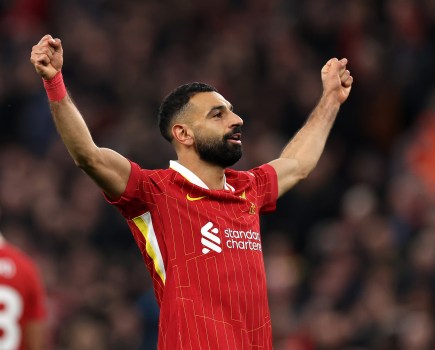In the final moments of the transfer window, Arsenal fans finally got what they had been crying out for; a genuine superstar. Never mind the inadequacies elsewhere in the squad that failed to be addressed or the astronomical fee involved, the club had finally dipped in their pockets and landed a world class player at the peak of his powers.
The need to push the boat out was far greater than the need for any particular player, horizons had been expanded and boundaries broken. Arsenal have long been a match for the very biggest sides in the boardroom, it was about time that they flexed their financial muscle in the transfer market.
With cash reserves of £154m, more than double that of their nearest domestic rival Manchester United, this year the club finally declared their intention to spend, and spend big. Unfortunately, actually spending their riches proved to be easier said than done.
With no discernible transfer strategy, the club appeared to stagger from one target to the next without reward. Terms were agreed with Real Madrid’s Gonzalo Higuain, but no bid materialised and they put the deal on ice to activate a seemingly non-existent clause in Luis Suarez’s contract. Higuain moved to Napoli and Liverpool subsequently declared no intention to sell to a rival.
The club were also believed to be willing to offer unsettled Wayne Rooney a five-year deal worth £200,000-a-week. The irony is that if they had offered that sort of deal to Robin van Perise last year, it is likely that neither Rooney nor Arsenal would have found themselves in such uncomfortable positions.
The breakthrough finally arrived when Gareth Bale secured his world record transfer to the Bernabeu and Madrid became willing to part with Ozil. They needed to pay £30m more than Real shelled out for him three years ago, in the process topping their previous transfer record by a mere £27.4m. Madrid’s willingness to part with a player directly involved in 108 of the 159 goals that they have scored with him on the pitch was rather strange yet entirely in character. Their loss is certainly Arsene Wenger’s gain.
Wenger’s influence in finalising the deal should not be downplayed either. Ozil has cited a telephone conversation, conducted in German, as instrumental in his decision to head for London. “In some way, that conversation flicked a switch in me and made me realize what I had lost at Madrid: transparency, trust, respect,” Ozil revealed to Die Welt. “Wenger told me exactly how he saw me, how he wanted to use me, what he expected of me.”
In truth, there is not a great deal wrong with the current Arsenal side. They have a fairly even distribution of good players, just not enough of them. Ozil has added greater flair and creativity, but he also appears to have had a placebo effect on the rest of the squad, breeding confidence, belief and a winning mentality.
The long-term success or failure of Ozil’s transfer is also likely to dictate future transfer activity. If he continues to rejuvenate the team, it may usher in an era of Glactico signings, if he eventually flops, they may return to the comfort of scouting around Ligue 2 for free agents. It has taken a long time for Wenger to get over the crushing disappointment of Andrei Arshavin’s disintegration, Ozil will either be the prototype or a collector’s item.
By Scott Johnson
You can follow Scott on Twitter here.
Scott is the author of The Blues Are Up – Cardiff City’s rise to the Premier League






